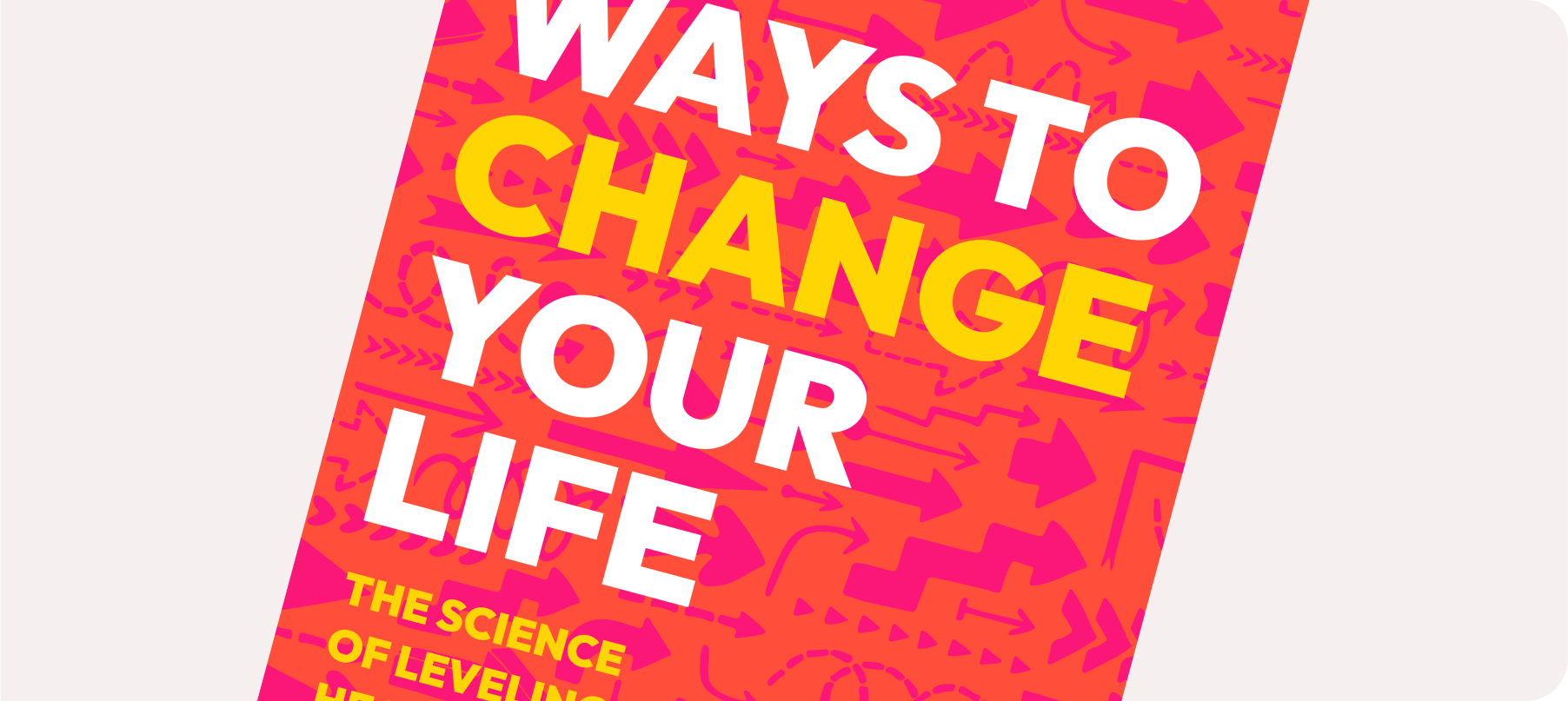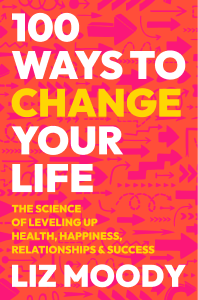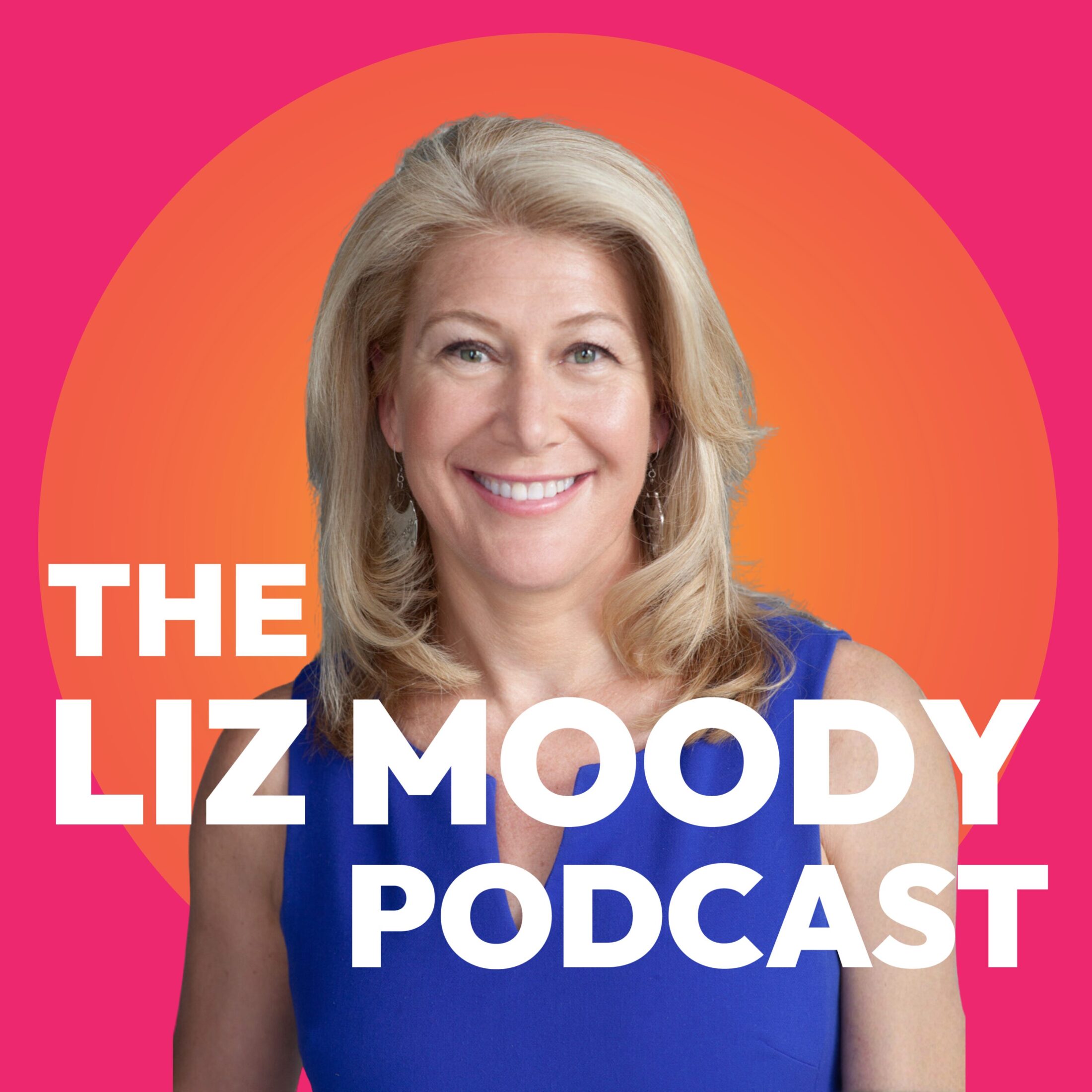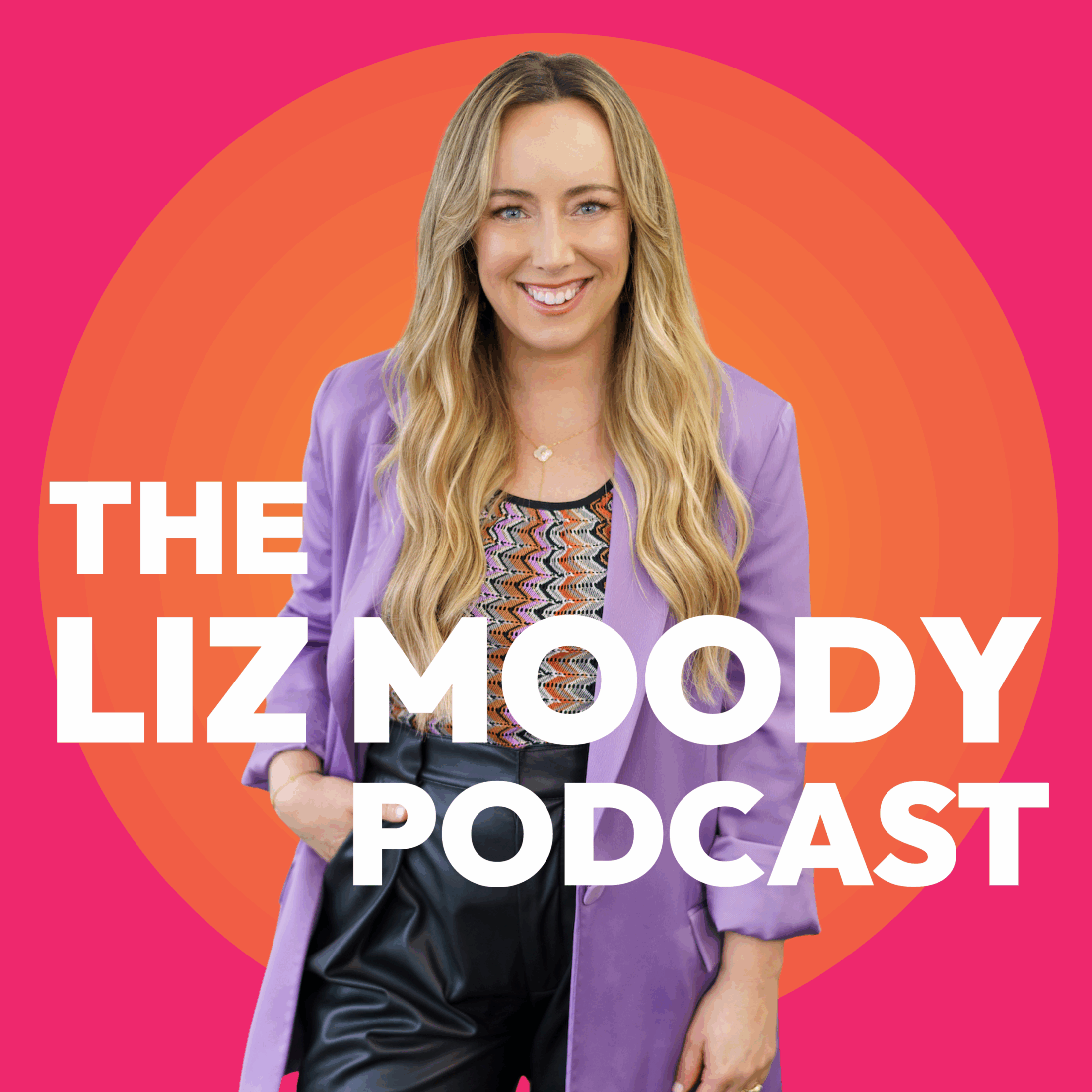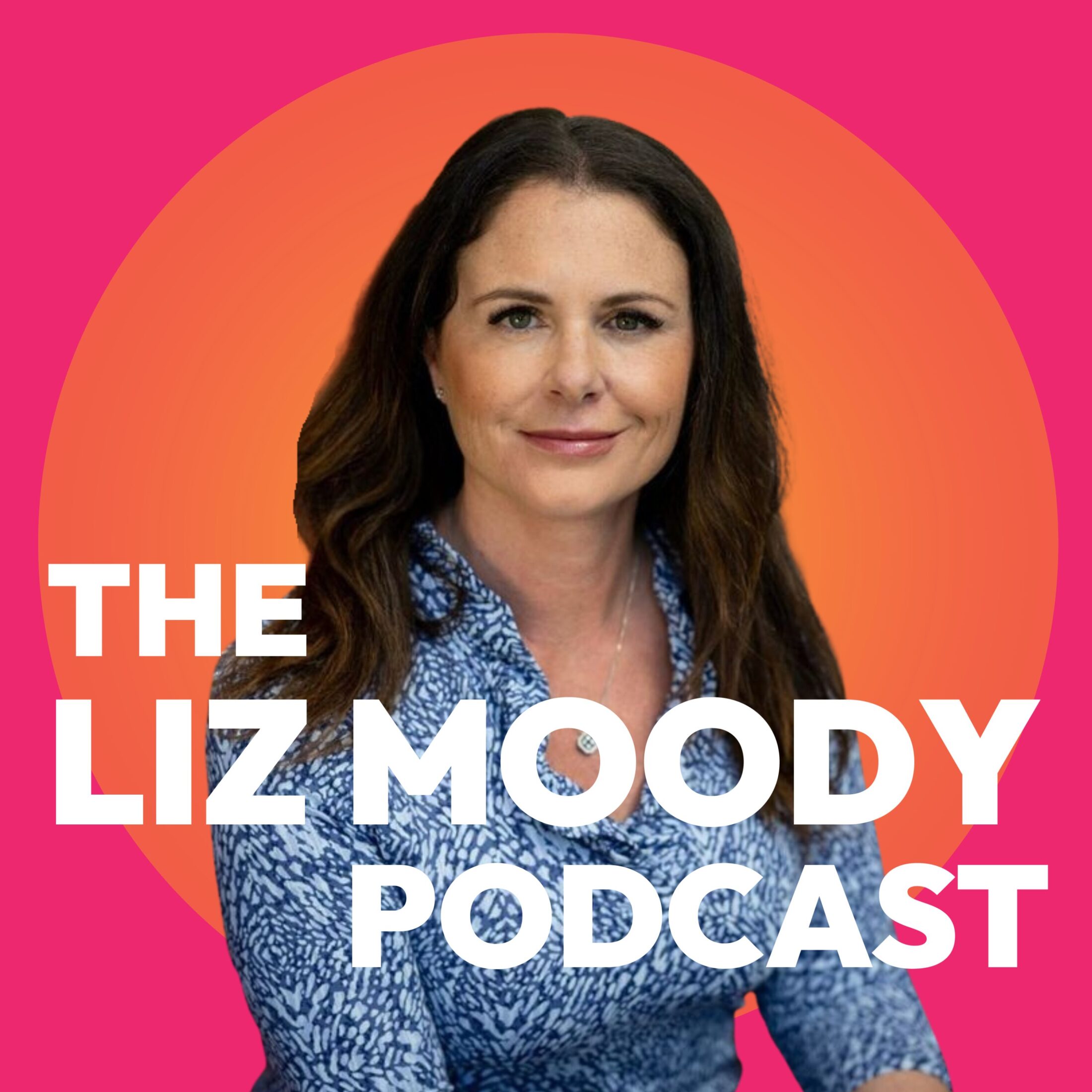Lauren Papanos, RDN, discusses what’s REALLY impacting your hormones and how, what you need to know to reach optimal hormone health, and peels back the curtain behind social media’s biggest hormone trends.
In this episode of the Liz Moody Podcast, host Liz Moody and guest Lauren Papanos, a registered dietitian specializing in integrative nutrition and functional endocrinology, explore the intricate world of hormones. They address common misconceptions and delve into the effects of cortisol, exercise, and diets like intermittent fasting on your body as well as managing its effects such as hormonal acne and hair loss. The discussion highlights how diet, exercise, and stress influence hormonal balance, and offers practical advice to help listeners manage and identify imbalances.
- 00:00 Intro
- 01:59 Understanding Hormone Imbalances
- 05:09 The Role of Hormone Testing
- 08:33 Diet and Lifestyle for Hormonal Health
- 10:48 Intermittent Fasting and Women’s Hormones
- 20:19 Cortisol and Stress Management
- 34:58 Controversy Around Zone 2 Training
- 35:48 Resistance Training Benefits
- 36:24 Ideal Weekly Workout Plan
- 38:28 Walking and Hormonal Health
- 39:47 Pre-Workout Nutrition Tips
- 40:49 Cold Plunging and Hormones
- 43:14 Lifestyle Practices for Cortisol Regulation
- 50:15 Hormonal Acne Insights
- 53:36 Hair Loss and Hormones
- 58:39 Endocrine Disruptors to Avoid
- 01:03:02 Final Thoughts and Recommendations
For more from Lauren, you can find her on Instagram at @functional.fueling or her website, www.functionalfueling.com. You can listen to her podcast, The Strength In Hormones Podcast, on whatever platform you love to listen on.
To join The Liz Moody Podcast Club Facebook group, go to https://www.facebook.com/groups/thelizmoodypodcast.
Ready to uplevel every part of your life? Order my new book 100 Ways to Change Your Life: The Science of Leveling Up Health, Happiness, Relationships & Success now!
This episode is sponsored by:
Puori: go to puori.com/LIZMOODY and use promo code LIZMOODY for 20% sitewide.
LMNT: go to DrinkLMNT.com/LizMoody to get a free LMNT sample pack with any order.
Lumen: head to lumen.me/LIZMOODY for 15% off your purchase.
Osea: get 10% off your first order at oseamalibu.com with code LIZMOODY10.
Seed: go to seed.com/lizmoody and use code LIZMOODY for 25% off your first month.
The Liz Moody Podcast cover art by Zack. The Liz Moody Podcast music by Alex Ruimy.
Formerly the Healthier Together Podcast.
This podcast and website represents the opinions of Liz Moody and her guests to the show. The content here should not be taken as medical advice. The content here is for information purposes only, and because each person is so unique, please consult your healthcare professional for any medical questions.
The Liz Moody Podcast Episode 258.
